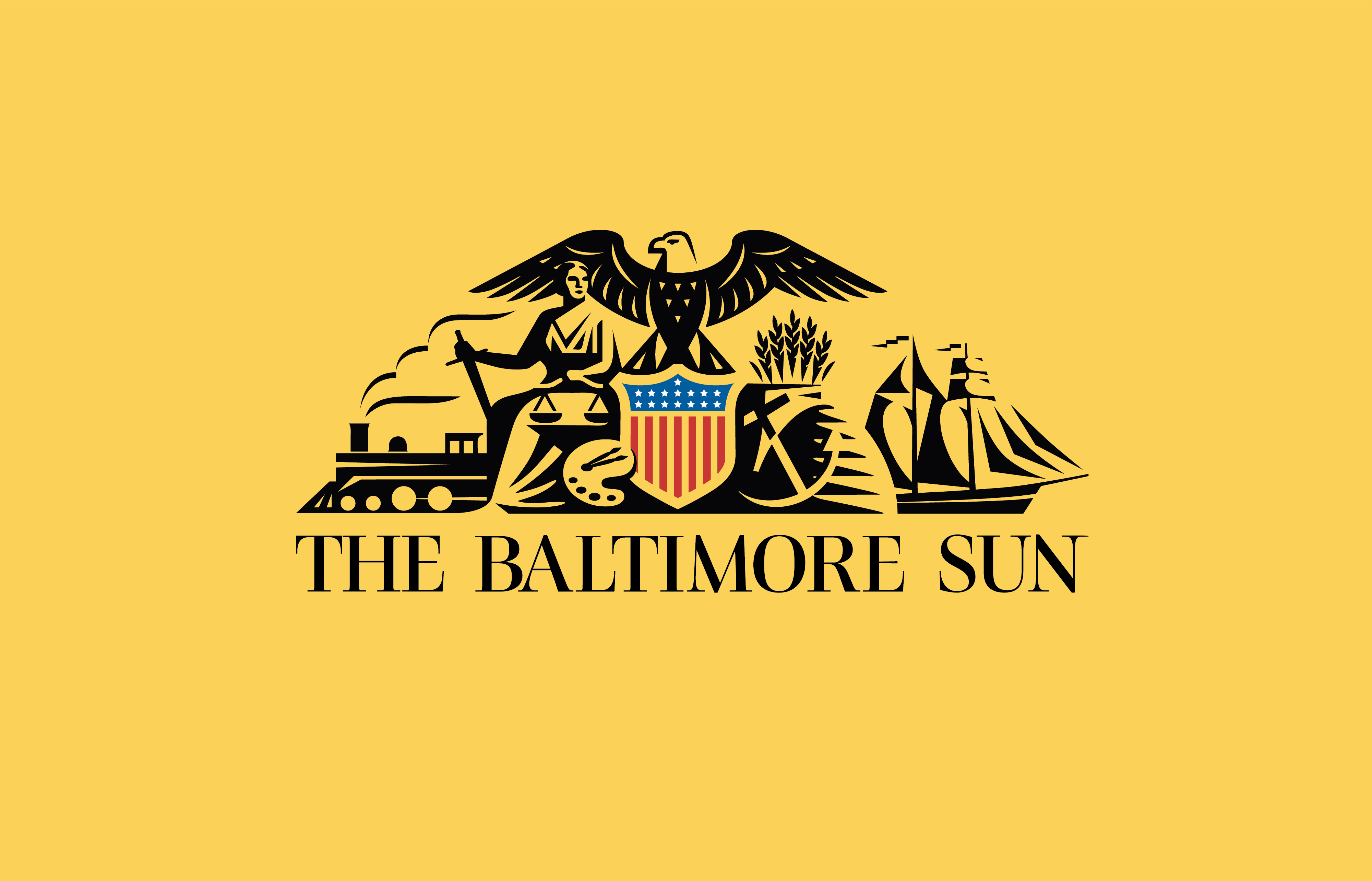WHO SAYS there’s no cooperation between business and government in Maryland?
In the latest indication of hand-in-hand collaboration, the Maryland Chamber of Commerce is offering to put state legislators on the information superhighway — for free.
Well, at least the schedule of their fund-raisers.
Champe C. McCulloch, the chamber president, sent a letter 10 days ago to the 188 members of the Maryland General Assembly, offering the “courtesy” of putting a list of fund-raising events on the organization’s computer home page, in addition to sending the list by mail to members.
“As registered lobbyists we are restricted by law from soliciting political contributions for the benefit of candidates, but we are happy to make a contribution from the Chamber’s political action committee when possible, and publicize fund-raising activities as service to our members,” Mr. McCulloch wrote to legislators.
“The thought was, ‘Here’s a way I can help my members to keep their calendars straight,’ Mr. McCulloch later explained.
“Obviously I took a look at the ethics law because, as lobbyists, we can’t help by selling tickets,” he said. “This is more like, ‘Here it is; you all decide what you want to do.’ “
Deborah Povich, executive director of Common Cause/Maryland, the self-styled government watchdog group, had a different view.
“It really skates close to the ethical edge by stating in the same letter that ‘we can’t raise funds for you, but we will let all businesses know where and when your fund-raisers are,’ ” Ms. Povich said.
By “ethical edge,” Ms. Povich said, she meant “the ethics law that says lobbyists cannot fund-raise for legislators or candidates for those seats.”
Ms. Povich took it a step further, saying, “It appears the chamber is giving an anti-business message to the business community by implying that businesses need to give a political contribution to be effective in Maryland.”
To that notion, Mr. McCulloch replied: “Our members are sophisticated enough to know that public policy decisions affect their businesses, and like everybody else, they’ve got a stake in who’s in office. But they’ve got to make their own decisions as to who to support and who not to support.”
Jail subsidy bill has Pascal links
The House Judiciary Committee tomorrow will hear testimony on the Bob Pascal Supplemental Income Act of 1996.
Under the legislation, which slid painlessly out of the Senate, 44-1, nearly two weeks ago, drunken and drugged drivers convicted in Baltimore County would be fined an additional $50 — money earmarked to subsidize a for-profit jail for substance abusers that is owned in part by Robert A. Pascal.
Mr. Pascal, a former Anne Arundel County executive and former Gov. William Donald Schaefer’s appointments secretary, is said to have lobbied senators hard for the bill, which was introduced by Sen. Michael J. Collins at the request of Baltimore County Executive C. A. Dutch Ruppersberger III.
The fines collected from the county’s drunken drivers would generate an estimated $60,000 annually for the 100-bed jail for alcohol and drug offenders. Mr. Pascal and Charles C. Powell, a Cambridge businessman, are partners in Right Turn of Maryland, the company that operates the facility.
County officials, led by Mr. Ruppersberger, have argued that judges are not sentencing enough people to the jail because its treatment costs — a minimum of $1,820 for a 28-day stay — are too steep for many offenders.
Chief District Judge Robert F. Sweeney, the No. 1 opponent of the scheme, has countered that “it is not good public policy to use the courts to impose a fine to be handed over to a profit-making enterprise.”
Pub Date: 4/02/96



![Baltimore-based Barcoding Inc., a supply chain management technology firm, has merged with Florida-based DecisionPoint Systems Inc., the companies said Monday. A deal to form a new holding company, DecisionPoint Technologies, was completed July 5. Under terms of an agreement announced in May, DecisionPoint stockholders were to receive $10.22 per share in cash, a 27% premium over April 30’s closing price, and DecisionPoint was taken private. Barcoding, a portfolio company of private technology investment firm Graham Partners, offers supply chain services across industries such as manufacturing, distribution, retail and transportation. Delray Beach, Florida-based DecisionPoint Systems manages data and point-of-sale technologies in […] Baltimore-based Barcoding Inc., a supply chain management technology firm, has merged with Florida-based DecisionPoint Systems Inc., the companies said Monday. A deal to form a new holding company, DecisionPoint Technologies, was completed July 5. Under terms of an agreement announced in May, DecisionPoint stockholders were to receive $10.22 per share in cash, a 27% premium over April 30’s closing price, and DecisionPoint was taken private. Barcoding, a portfolio company of private technology investment firm Graham Partners, offers supply chain services across industries such as manufacturing, distribution, retail and transportation. Delray Beach, Florida-based DecisionPoint Systems manages data and point-of-sale technologies in […]](https://www.baltimoresun.com/wp-content/uploads/2024/07/IMG_5685_f72c01.jpg?w=466)
